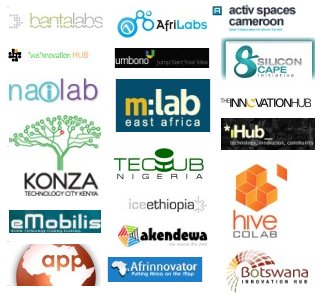The initiative is meant
to promote Intel's smartphone reference design, low-cost phone plans and
low-power chips
A month after
launching the Yolo low-cost handset in Kenya, Intel has partnered with iHub
Nairobi and AfriLabs to launch a pan-African developer initiative aimed at
promoting Android use.
The launch was done at the iHub and
is aimed at promoting developer training, allowing developers to access
software resources as well as joint training sessions by Google and Intel
teams. AfriLabs is a network of 14 innovation hubs in Africa in Kenya,
Ethiopia, Uganda, Zambia, Madagascar, South Africa, Cameroon, Ghana, Liberia,
Nigeria and Senegal.
"Intel [has a] software
partnership with iHub and Afrilabs working with tech hubs to give tools that
allow user optimization, high-performance computing and enterprise application
development, and highly responsive client application development," said
Daniel Steyn, Intel's Kenya country manager.
Intel has chosen to promote the
Android platform through collaborative training with Google even though it has
close relationships with Microsoft, Samsung and Hewlett-Packard in the desktop,
PC and server markets. Android was chosen because of its extensive use in the
region as well as Google's engagement with the ICT and academic sectors in
Africa.
"This partnership will help
nurture and train the next generation of developers and entrepreneurs that can
develop across platforms; a lot of developers are hardware hackers and Intel
will provide reference designs," said Jessica Colaco, iHub research
director.
The launch of Yolo in partnership
with Safaricom signalled Intel's intention to play in the low-end segment of
the handset market, which is dominated by Nokia, Samsung and Huawei. Yolo is
based on a new low-power Intel Atom processor, code-named Lexington, and a
smartphone reference design targeting telecom companies and manufacturers. Middle
East telecom giant Etisalat is the latest to launch it in Egypt.
"The Intel Smartphone Reference
Design provides a strong technology foundation from which our partners can
innovate and quickly bring to market their own designs; it's a technology
enabler that speeds time to market and allows customers to focus on their own
unique industrial design, hardware and software differentiation," Steyn
added.
Intel said that it is not competing
with phone makers, emphasizing that it sees them as possible clients.
Itworld.com

